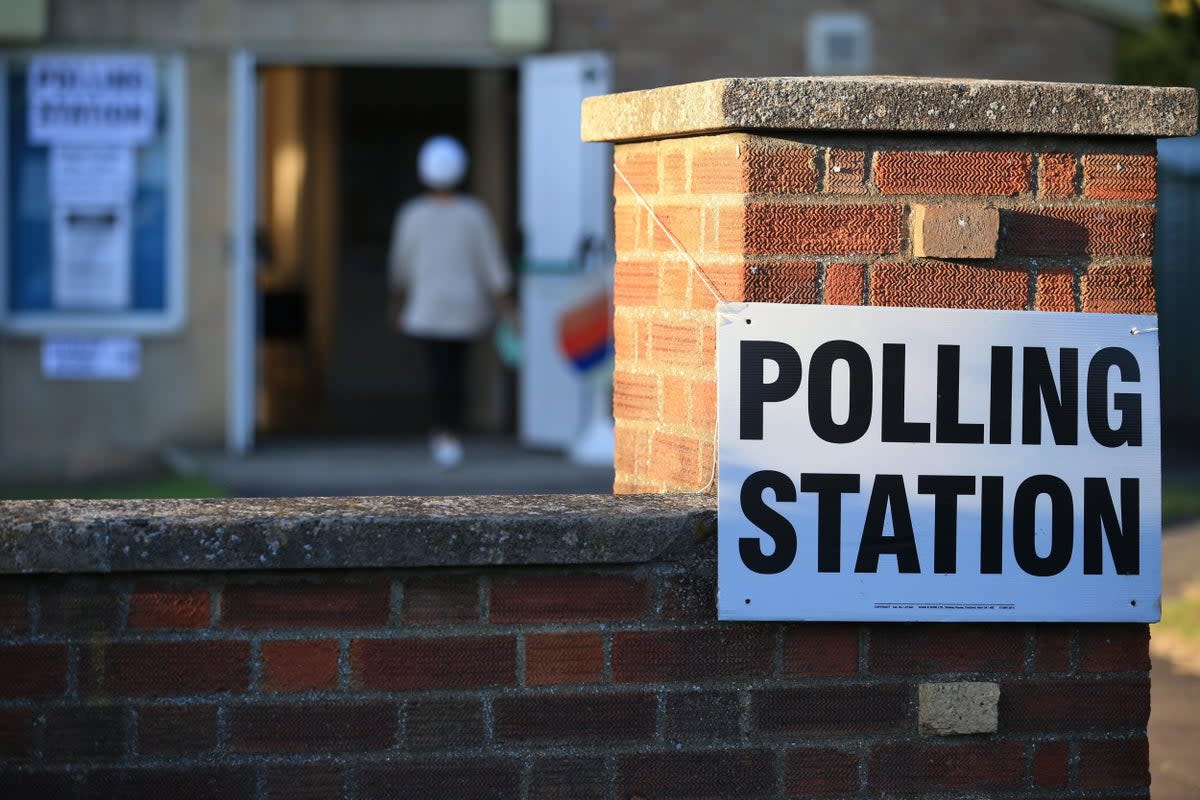Why do you vote in pencil for a general election and can I take pictures in the polling station?

Millions of people across the UK will be heading to the polls on Thursday, July 4 to vote in the 2024 general election.
When voters head to their polling stations, they will be asked to mark their choices on the ballot paper in pencil.
But why do we use pencils to vote, and can you take a selfie in the voting booth?
Why do we vote using a pencil and not a pen?
Traditionally, voters have marked their crosses in pencil for two practical reasons.
One is that pen ink may smudge, dry or spill over which could cause a vote to be invalidated.
Along with this, wet ink could transfer to another box when the paper is folded, making it look like the voter has marked the paper more than once.
However, there is nothing in UK law that states a pencil must be used. If a voter wants to, they can use a pen to mark their ballot paper.
Be careful with making notes on the paper – any other marks may mean your vote is not counted. According to the Electoral Commission, if you've made a mistake, just let the ballot staff know and you will get a replacement paper – as long as you haven't put the paper in the ballot box.
Can I take a selfie at the polling station?
It's not just selfies that are not allowed – taking photos in general is not recommended at polling stations.
The Electoral Commission says this is because it might risk the secrecy of the ballot.
Similarly, sharing a photo of your ballot paper could lead you to be in breach of the law and you could find yourself facing six months in prison if you inadvertently reveal how someone else has voted.
However, you can take photos outside the polling station if you want to prove you've exercised your democratic right to vote.
Voter etiquette for the polling station
Remember, it is a criminal offence to communicate to anyone about how someone has voted or is about to vote, under Section 66 of the Representation of the People Act 1983, including your own ballot.
The act says no person shall "directly or indirectly induce a voter to display his ballot paper after he has marked it so as to make known to any person the name of the candidate for whom he has or has not voted”.
In a similar vein, talking about politics is also banned inside the polling station, while you're not allowed to wear party-affiliated clothing, political rosettes or hand out party literature.
No-one else is allowed to mark the ballot paper for you and, if you sign it with your signature, it may not be counted.

 Yahoo News
Yahoo News 
